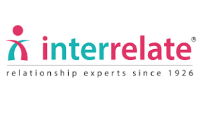- Get Therapy
- Guides & Videos
-

One quick last question. Who was seeking counseling today?
Do you know the reason they are not accepting clients?
|
14-16 Lexington Drive
Bella Vista, NSW 2153 |

